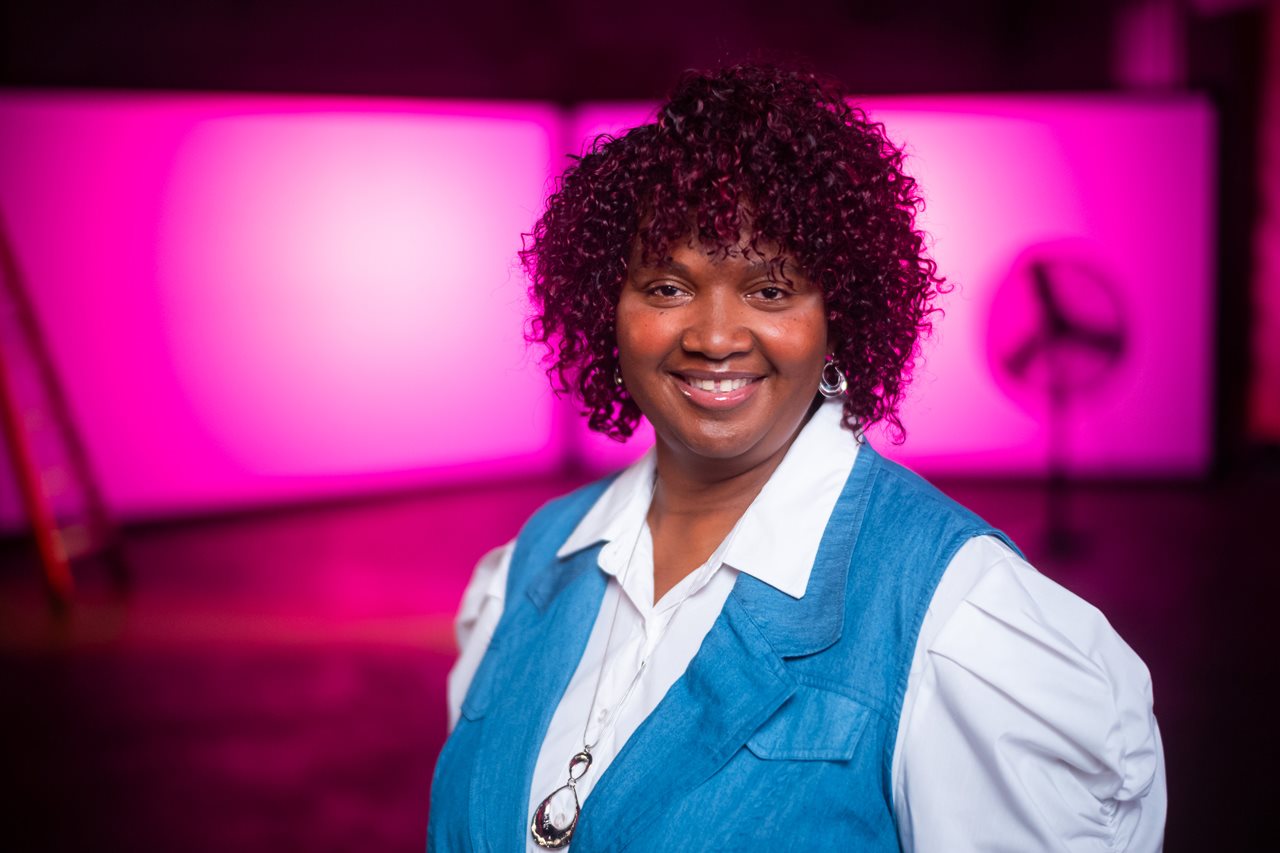'It Takes 2' to Detect Kidney Disease – One Woman's Advice for Those with Type 2 Diabetes or High Blood Pressure
(BPT) - For Bronx native and current Indian Land, SC, resident Thelma, it took years to discover she had kidney disease, despite experiencing symptoms like fatigue and swelling, as the underlying cause was never fully explored.
Unfortunately, Thelma’s not alone in getting a delayed diagnosis. While more than 35 million adults in the U.S. have kidney disease, as many as 90% of them are unaware of their condition, since many people do not experience symptoms until their disease has advanced. That’s why Thelma wants to share what she’s learned through her own journey, including that It Takes 2 — a patient and healthcare professional — to detect and manage kidney disease.


“It took nearly a decade to discover I had kidney disease, since my symptoms were associated with other conditions,” recalled Thelma. “I then developed type 2 diabetes and high blood pressure, making it even more important for me to work with my doctor and understand the connection between these cardio-renal-metabolic conditions, which is oftentimes overlooked too.”

Now, over twenty years into her kidney health journey, Thelma’s offering some tips on how to take charge of your kidney health.
- It Takes 2 — a patient and healthcare professional — to detect and manage it: “Doctors are a vital part of the equation when it comes to managing your kidney health. It takes two people — a patient and healthcare professional — to detect kidney disease and take steps to reduce serious complications,” says Thelma.
“Knowledge is power, and working closely with your doctor to test for kidney disease is one step towards achieving that. That’s why I’ve joined It Takes 2 to empower at-risk adults to partner with their doctor and ask about complete screening, including the urine test for kidney disease.”
- Be your own best advocate: “When it comes to your kidney health, you have to be willing to advocate for yourself. Be part of the solution instead of sitting on the sidelines of your own health,” says Thelma.
“This is especially true for Black and Latin Americans who are disproportionately burdened by kidney disease. As a black woman, I know firsthand what it’s like to feel unheard by the medical community. What’s been critical in my journey is recognizing that no one will fight harder than myself because no one knows my body better. Doctors care about you, but you have to care about yourself more.”
- Lean on your care team: “Advocating for yourself and leaning on your care team, like family, friends, doctors and advocacy groups, go hand-in-hand — you can’t have one without the other,” says Thelma.
“The support from my care team, like my husband, Michael, our twin sons, and my doctors, has been a huge source of strength in managing my symptoms and staying positive. They remind me that this disease does not define me and that there is more to life than my kidney disease.”
Learn more about the resources available and the importance of complete testing for kidney disease by visiting www.TestYourKidneys.com.






